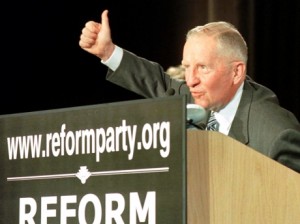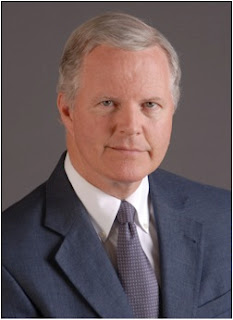The Internet exploded this week when Adria Richards chose to use her social media audience as the first channel to air her offense at some comments made at Pycon. Much has been written about this, including further offense that people have actually questioned Adria’s response to her own offense. Everyone’s offended.
To be clear: offense and even outrage is justified considering the vitriol that ensued (including real, disturbing threats and job losses). It’s worrisome and harkens of regressive tendencies in tech and the job security and safety of many in this industry.
However, the bigger picture so eloquently outlined by Amanda Blum is very important. Blum calls out a pattern of social media dysfunction where Richards has reacted to multiple instances of offense through public channels, which invariably (if you use social media, it’s not surprising) led to incendiary exchanges and a general degradation of relations.
Blum says it so well:
All she had to consider was “what outcome am I looking for?”. If the outcome is “change the way these men are speaking” she’d have taken a different route. If “make as big a deal of this as humanly possible with no thought to consequence” was her outcome, she chose right.
When I look at this big picture – what do we want things to be vs. how do we feel about specific incidents – I have little sympathy for the “if someone is offended they are off-limits to criticism” approach others (whom I love dearly) have put forth. There are SO many reasons why putting a quarantine on any critique of an offended person’s reaction is counter-productive and leads to horrid consequences…here are just a few:
- It confines the situation to feelings rather than uses those feelings constructively. Not to belittle feelings; if I suspend disbelief (and had not read the very salient context provided by Blum) and posit that she has for reasons of pure fate encountered a large backlog of awkward sexist situations, certainly frustration, insecurity, awkwardness, and fear are all rational reactions. But acting on them vs. weighing out what the desired outcome should be led to lots of disservices. Disservices to her, for assuming that is all she is capable of is reacting (or cyber-bullying, in this case). To the offenders, for not allowing them a chance to explain themselves before the world knew. And to the Internet, for escalating a series of reactions about an offense rather than healthier, more constructive conversations about what can be done to prevent them. Regardless of what Matt Lemay says about the conversation being good, it would have been *way* better had it not been launched by a shitstorm of threats and polemics. Easily avoidable.
- It absolves the offended of any responsibility to think bigger and act in a way that actually helps others. In this sad case, giving Richards a self-centered carte blanche to do whatever she feels is ok wasn’t just therapy. It led to some real, horrid and significant backlash. Social media tends to do that. If she truly wanted a healthier environment in tech, her passive-aggressive “I will only Tweet and out them en masse” manner would not have happened. She could have followed Jolie O’Dell’s script. If she was too afraid or timid to do that, she could have addressed it with the conference officials who had already made it clear they care about this stuff – clearly a supportive audience. But she chose vendetta, not activism.
- It leads to an environment of fear and compliance rather than freedom and enlightenment. Again, play it out: say some company hires her for PR purposes (it’s a leap to think someone would hire her for her commmunity-building skills; SendGrid’s explanation makes perfect sense). She joins the team. Do you think anyone would feel free to say _anything_ in her presence given her passive-aggressive terrorist approach to conflict? All ingredients to an environment of compliance, fear and resentment rather than an enlightened, educated workplace.
In short, when you choose to involve social media as the key channel for your conflict, you go beyond your personal therapy. You affect lives. Think before you point, shoot and post.


